Multiple Choice
Graph the linear function and give the domain and the range. If the function is a constant function, identify it as such.
- 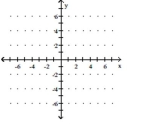
A) 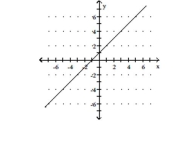
B) 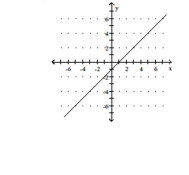
C) 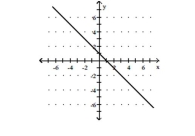
D) 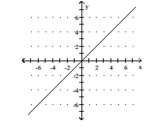
Correct Answer:

Verified
Correct Answer:
Verified
Related Questions
Q283: Decide whether or not the equation
Q284: Find the slope of the line
Q285: Choose the value which could represent
Q286: Write an equation for the line
Q287: Determine whether the three points are
Q289: Find the requested value.<br>- <span class="ql-formula"
Q290: Describe how the graph of the
Q291: Determine if the function is even,
Q292: Match the description with the correct
Q293: Find the specified domain.<br>-Find the domain